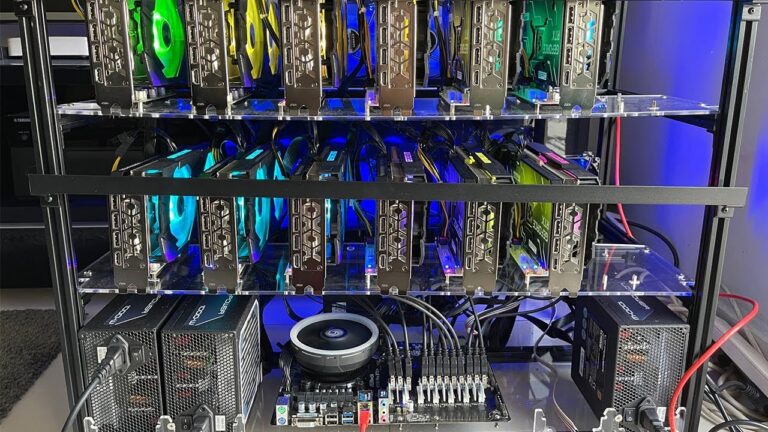Before you go thru with any home purchase, you want to thoroughly inspect the property yourself and, also, have a professional inspection performed by a certified home inspector.
If you are doing an FHA or VA mortgage, the FHA or VA will require their own inspection. This inspection should not take the place of your inspections.
A professional inspection generally costs few hundred dollars, but is well worth it.
You could end up spending many times more than that repairing items that you find out about after closing.
Don’t let anyone talk you out of having this professional inspection.
If defects are found during the inspection, the seller will be obligated to repair them or monetarily compensate you for them within the parameters of the inspection clause.
A home inspection is performed to disclose deficiencies that could affect the safety, livability, or resale value or the property.
It is not to look for items that are purely cosmetic, for example, a small hole in the wall, a small dent in a countertop, etc.
Since, there is always an inspection time limit in the contract, it is a good idea to find a good home inspector when you begin looking at houses.
Especially when the real estate market is hopping, it can be difficult to find and schedule an inspector within the, usually, 10 day inspection period.
You don’t want to just pick one out of the phone book without having time to interview them and check references.
Your Personal Inspection
You want to do an initial inspection yourself to eliminate properties from consideration that have too many obvious deficiencies.
It is not to take the place of a professional home inspection.
If you find a house that you have an initial interest in then you can schedule a second appointment where you can spend an hour or so doing an inspection of the house.
What to look for in your home inspection
1. Are there obvious cracks? Any apparent shifts in the foundation?
2. Does the roof appear new, old, or you can’t tell? What is the overall condition?
3. Do you see any evidence of leaks: Check inside and outside. Check all ceilings and areas around windows.
4. Is there dampness in the basement or crawlspace? Is there adequate insulation?
5. How does the interior of the roof structure look inside the attic?
6. Does the workmanship appear to be of good quality, in general and in any additions.
7. Does the house appear tightly sealed and energy efficient?
8. Can you detect any electrical malfunctions?
9. Can you detect any plumbing malfunctions or unusual sounds?
10. What is the age and condition of the stove, dishwasher, refrigerator (if included), etc.?
11. Does the heating and/or cooling system seem to be working properly?
12. Is the house going to need repairs or paint on the exterior in the near future?
13. Does the lot drainage appear good–and away from the house?
14. Are there any trees encroaching on the roof or foundation?
What to look for in a Professional Home Inspector
Questions that you should ask a prospective home inspector:
1. How many years have they been in the business and how many inspections do they do a year?
2. Do they do inspections full-time? You want a professional, not a part-timer.
3. Will the report be written or oral or both? Will the report contain suggestions for remedying deficiencies?
4. How long will it take? A good house inspection should take between 2 and 4 hours, depending on the size of the house.
5. What will be included in the inspection?
6. What certifications do they have? Are they ASHI certified?
7. Does the inspector have Errors and Omissions Insurance? This gives you some level of protection should there be an “error or omission” in the inspection.
What the Professional Home Inspection Should Include
1. How is the structural integrity of the foundation? Is there any evidence of cracks, shifting, or moisture problems?
2. How is the quality of the general construction?
3. Is the house in need of exterior repairs or maintenance?
4, How is the condition of the overall plumbing system? Any evidence of leaks or water pressure problems?
5. Do any dangerous electrical situations exist? Are there apparent code violations in the electrical system?
6. What are the ages of the heating and cooling systems? Are the systems adequate for the size of the house? Have they been maintained properly?
7. Do doors and windows open and close properly? Are floors firm and level?
8. Are appliances functioning properly? Is the plumbing, including the dishwasher connection, in good repair?
9. Is the bathroom floor solid? Are there any evidence of previous or current water leaks? Is the plumbing in good repair?
10. What is the condition of any attached structure (sheds, decks, garages, etc.)
11. What is the approximate age of the roof? What is the estimated remaining life of the roof? What is the condition of the roofing structure as well as the shingles?
Get all these details properly taken care of and your home inspection will be a success, so will your home buying process.




